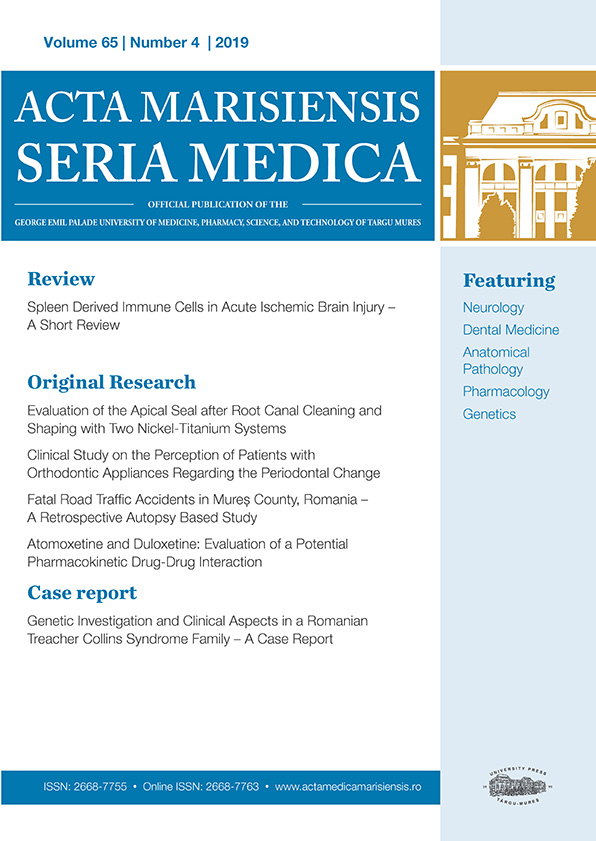Formulation and Evaluation of Sustained Release Ibuprofen Matrix Tablets Using Starch from Maize Genotypes as Polymer
DOI:
https://doi.org/10.2478/amma-2021-0018Keywords:
maize genotypes, starch, ibuprofen matrix tablets, sustained releaseAbstract
Objective: Maize plants have been genetically engineered to produce genotypes with agriculturally desirable traits such as high starch content, pest resistance and increased nutritional value. Maize starch has been widely used as an excipient in pharmaceutical formulations. This study aims to produce sustained release ibuprofen tablets using starch obtained from different maize genotypes as polymers.
Methods: Ibuprofen matrix tablets were prepared with the starches isolated from the maize genotypes and the unmodified plant. The mechanical properties of the tablets were evaluated using the crushing strength (CS), friability (FR) and CSFR. A 32 factorial design was applied using the time taken for 50% (T50) and 90 % (T90) drug release as dependent variables while the polymer-drug ratio and polymer types were the independent variables.
Results: The CSFR was significantly higher (p<0.05) in tablets formulated with the starches obtained from the modified cultivars. Drug release for all the formulations fitted the Higuchi model while the mechanism of release was generally by super case transport. The polymer-drug ratio and polymer type strongly interacted to increase the dissolution times (T50 and T90) and CSFR. Starches isolated from the genetically modified cultivars provided a more sustained release of ibuprofen from the tablet matrix through erosion and polymer relaxation.
Conclusion: The results indicate that the genetic modification of maize can quantitatively affect the drug release modifying effects of maize starch in drug formulation.
Downloads
Published
How to Cite
Issue
Section
License
Acta Marisiensis Seria Medica provides immediate open access to its content under the Creative Commons BY 4.0 license.









